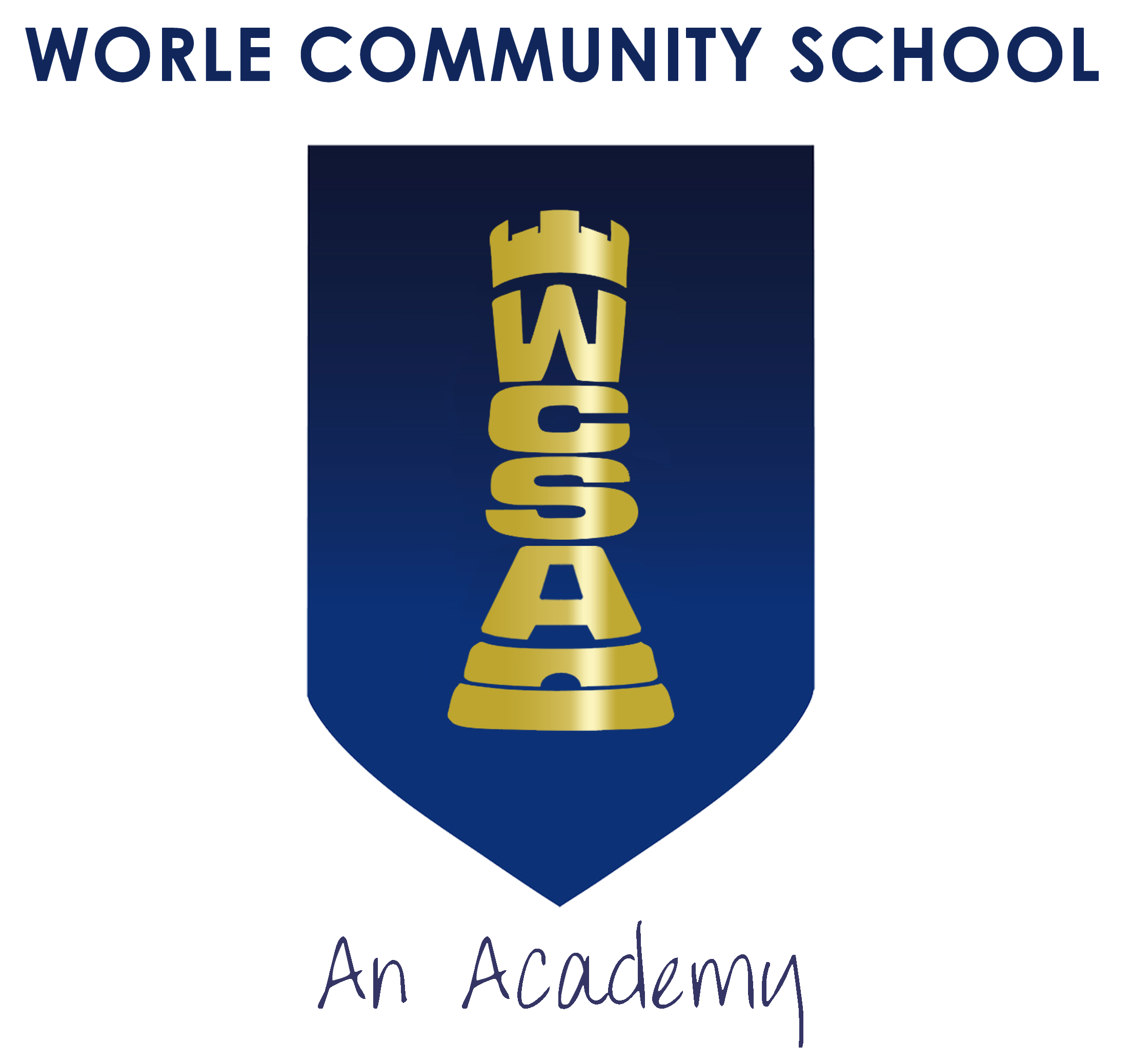Parent Update - WCSA: A Revolution in Reading
At Worle Community School Academy we are revolutionising the way we start our day: the Tutor Time Reading Programme has landed, with all students in years 7-10 being immersed in reading from the moment they enter their tutor bases first thing in the morning. Our reasoning behind this is simple: “Today a reader, tomorrow a leader” (Margaret Fuller).
In society today, the main literacy challenges affecting many of our students are the ever increasing vocabulary gap and the level at which they are required to process the information that they are reading. Both of these issues can have a detrimental impact on youngsters, both within school itself and in limiting their life chances on leaving school. These are things which we wish to redress for our students, to allow them the best possible futures on leaving W.C.S.A.
The vocabulary gap exists for many students on entering into secondary school, and without being rigorously challenged, this gap can become wider and wider as the years of education go by. With every passing year, in education and beyond, the level at which youngsters are expected to read increases dramatically, with the average reading age across GCSE papers being found to be 15 years and 7 months – a seemingly appropriate age range for the pupils sitting the exams. However, the reality is that the reading age of Year 10 and Year 11 students sitting these exams across the country has been found to be lagging behind, with an average reading age of just 13 years; this means that some students have a substantially lower reading age to that required. That being the case, how can we expect these students to not only enter these exams and complete the papers, but to also have any chance of achieving their full potential?
Not only that, but with the more rigorous exam system which has been put in place, reading speed and comprehension are being tested even further. To complete exams, students need a reading speed of at least 120 words per minute. Those students who are able to read above this speed, with fluency and cognition, have the distinct advantage of allowing themselves thinking time and time to check through their answers. The reality, however, again lies in stark contrast to this fact, with many youngsters lacking these basic reading skills, meaning that they will struggle to access not only their GCSEs, but also the world beyond education too.
At W.C.S.A we feel that by engaging students in reading each morning, saturating them with as wide a vocabulary as possible, and allowing them to experience fluent reading on a daily basis, we can help them to flourish as confident readers, both in school and in the wider world. Also, the collective experience of sharing a book is one which enriches not only the vocabulary, but also the mind, as we have chosen texts from a diverse wealth of literature, whether modern or classic, or indeed British or multicultural. By opening our students' eyes to this breadth of literature and, by extension society, we aim to develop confident, cultured and caring students as well as confident, fluent and highly literate readers. After all, reading has been proven to have many benefits, besides the more obvious ones of boosting literacy levels: from developing empathy and communication skills, to boosting a feeling of relaxation; from allowing students to develop a better understanding of themselves, as well as allowing them to have a better knowledge of the world around them. To use a famous expression: “Reading is to the mind, what exercise is to the body” (Joseph Addison).
So what exactly is the process that we are following with our students? Four mornings a week our students are guided through the reading process, reading along as their tutors read the texts aloud to the group. Through this process, we aim to improve the fluency and automaticity of our students’ reading, building their reading speeds as well as broadening their vocabulary. Throughout the reading process, tutors will be explicitly defining some of the more complex vocabulary that they encounter within the texts, ensuring that all students have a clear understanding and a developed range of vocabulary which they can then apply to their own ideas.
During the reading process, we ask our students to be following along with the reading using a ‘reading ruler’. Through use of this tool, our tutors are able to ensure that students are engaged and following on correctly, something which is vital if they are to take in the vocabulary through this immersive process. Alongside this, the ‘reading ruler’ helps to focus students on the specific language being used, aiding focus and concentration. By narrowing down the field of vision to a specific line, students are more likely to absorb details of spelling and understanding of meaning. We also encourage all students who require tinted overlays to use these during the reading process: anything which can aid concentration and focus is a bonus during this time.
Whilst reading is our big drive within tutor time, we obviously do not wish to detract from the pastoral aspect of the groups, or indeed lose out on the excellent work which our tutor groups have done for charity over the past few years. With this in mind, we have decided that we will take a break from reading during week 9 of each of our Learning Cycles to dedicate solely to these aspects of our tutor groups.
We are really excited about embracing this whole school reading approach to tutor time and we hope that students will become as enthused about the texts that they are reading as we as a staff are. Developing a love of reading and a better understanding of the richness of the English language is something which can only help to drive our students onwards and upwards. In the words of Dr. Seuss:

